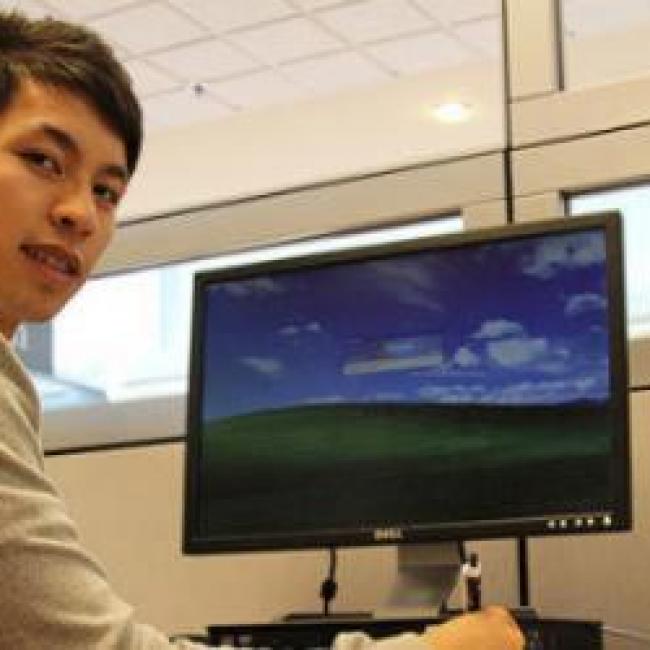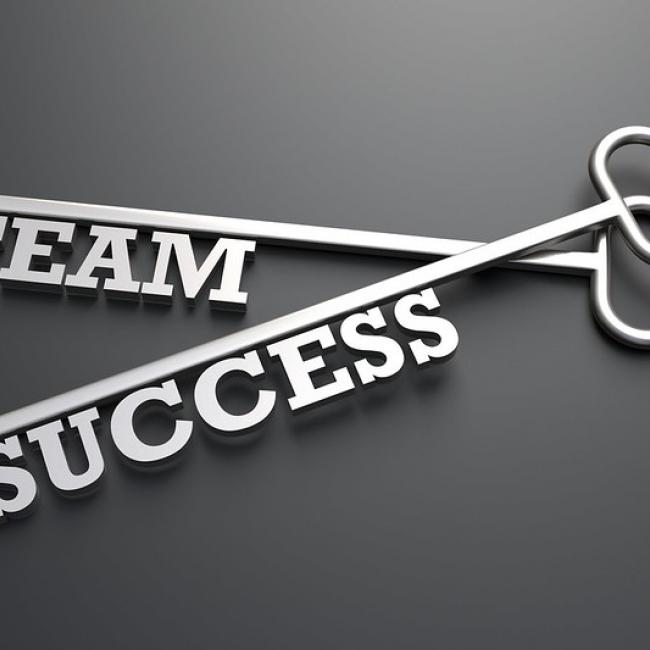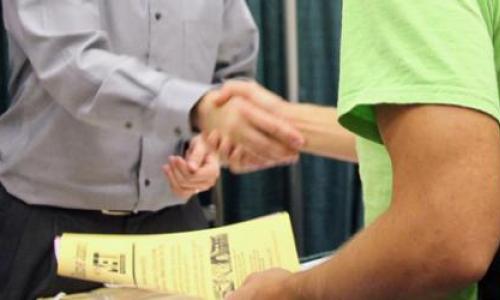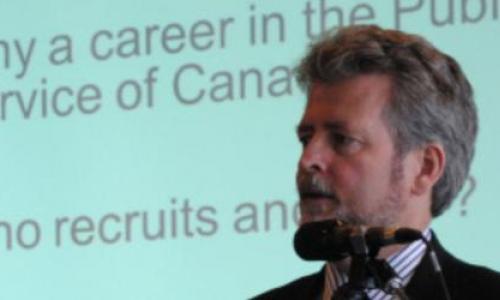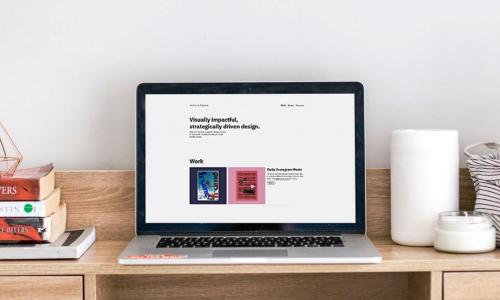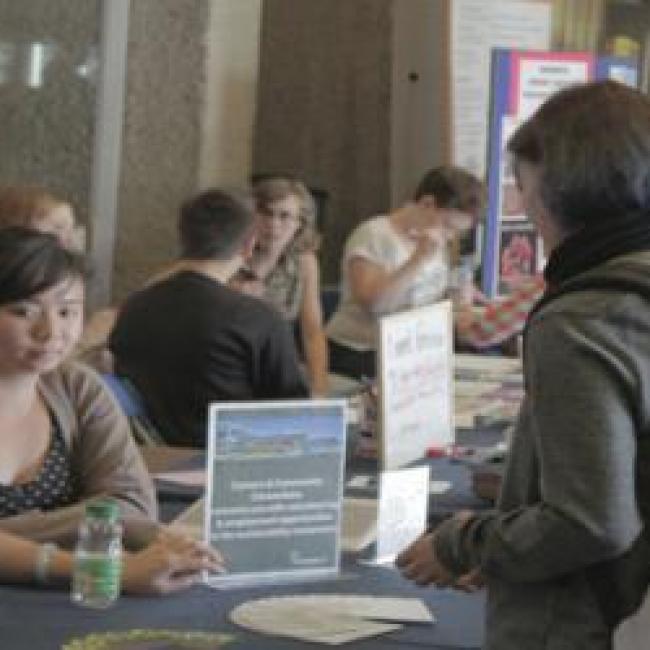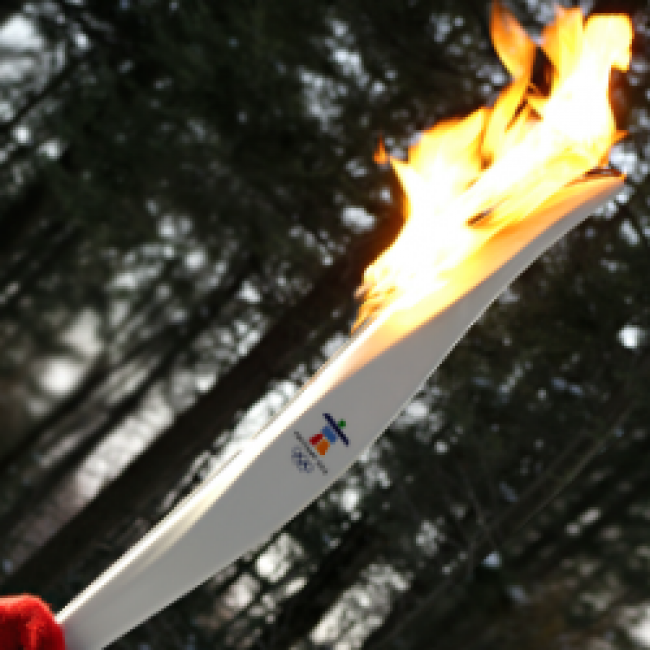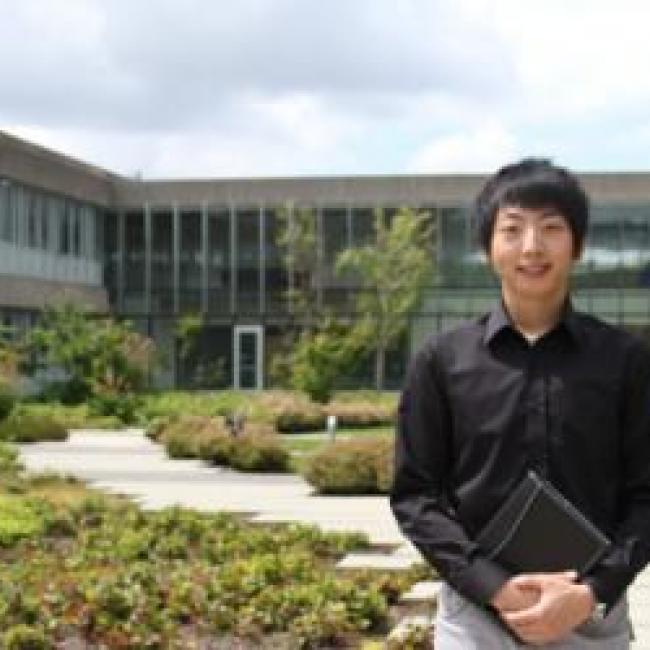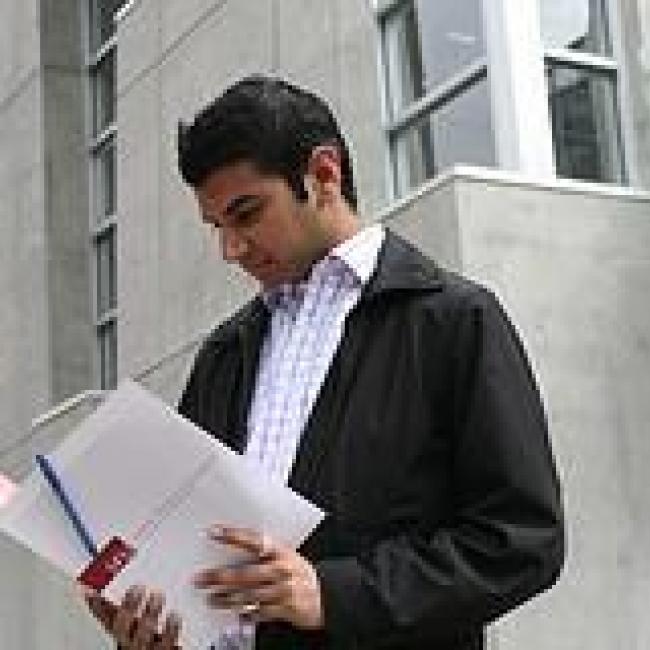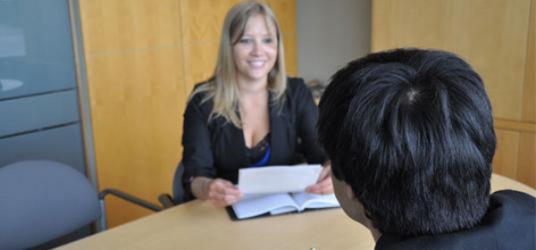
Silence …
“Um … do you like … thin crust or thick crust pizza?”
When people prepare for interviews they often think of what to wear, how to introduce themselves, and questions to expect. One key thing that is often forgotten is what kind of questions to ask the employer. In North America, interviewers often offer candidates an opportunity to ask questions regarding the position. This is an opportunity for interviewees to learn more about employers and address any concerns they have.
Interviews are often thought of as strictly hiring opportunities. While this is technically correct, there is a deeper objective– determining fit. I’m not talking about the fit of your uniform; I mean how well you fit what the employer is looking for, and how well the employer fits you.
Asking questions in an interview can help you determine whether the employer fits what you are looking for. For example, you can ask questions regarding company culture or about the nature of the work itself.
However, a word of caution, this is not the time to raise questions regarding pay, benefits, vacation allowance, other forms of compensation, or sensitive/controversial issues. Keep your questions professional and focused directly on the work of the company, the interviewer, or the position they are hiring for.
Asking thoughtful and professional questions can help interviewers remember you. This includes asking questions that are in-depth and that show you have done your research. Try not to ask questions about anything obvious or where the answer can be found online. Rather, consider asking questions about projects the company is working on. For example: “I understand your company won a bid to build a new shopping mall; how is the project going?” This demonstrates thoughtfulness, professionalism, understanding, and in-depth thought.
An interviewer once told me they are not looking for reasons to hire a candidate, rather a reason “to take them off the list.” After the first three-and-a-half minutes of an interview, employers have most likely established whether they want to hire a candidate. Once that decision is made, they try to confirm their decision find and reasons to change it. The questions you ask can therefore either reinforce what the employer thinks of you, or change their perspective.
Here are my top five questions to ask during an interview, and why:
1) If I were a successful candidate, what would be my first project/top priority?
Besides finding out the first task and what you will (hopefully) be working on, this also demonstrates your drive to determine what has to be done first. There is also a slight psychological trick, leading the employer to imagine you as the successful candidate and in the role of the job.
2) Why is this position available, and what do you hope the successful candidate can bring to the table?
This is a two-pronged question. The first is to determine why there is a job opening and to find out more about the circumstances surrounding this opportunity. This can help you determine whether is job is a fit for you. The second is to understand what the employer expects if you are the successful candidate. This is also a good time to let the employer know how you can meet those criteria and what you can bring to the table.
3) What do you like about working here and/or about the work culture? What do you not like? What excites you about coming to work?
This question helps you find out more about the work environment and culture of the employer. It is important to know the ups and downs of the job to determine whether it is a fit with you personally and what you are looking for.
In addition, this question establishes a personal yet professional relationship with the interviewer. People like it when they are the focus of attention. When you make the interviewer feel important, they may have a more positive view of you.
4) Are there any concerns or questions you have for me, or is there anything I can clarify for you? Is there any reason why you would not hire me?
This is one of the most powerful questions you can ask during the interview. It allows you to directly find out why the interviewer might not think you are a suitable candidate and allows you to address their concerns. Think of this as an opportunity to cover all your bases and to reintegrate your strengths.
5) What is a typical workday like?
This is a simple yet important question for determining fit. It is important to establish whether the work routine is something that fits you. For example, if it involves travelling between several work sites and you do not have access to a vehicle, this might be something you need to address.
The questions above are just the tip of the iceberg. I highly recommend checking out this article by The University of Auckland’s Career Development and Employment Services and this article from Forbes for more questions you can ask. However, when looking for additional questions please use common sense in determining the validity of the website and also the logic and reliability of the questions. It is also important to come up with your own. Your personal questions are what make you unique and address your specific concerns.
It’s best if the questions you ask are adjusted based on the employer and the progress of the interview. Some questions may be more relevant for some employers while some may not. Depending on the industry, there are different types of interviewing practices, which may also influence the questions you ask. Having these questions in your arsenal is great, but asking static questions is not. Use your judgment to determine which questions to ask and how many of them to ask. You do not want to overwhelm the interviewers with difficult, long-winded, or too many questions.
If you have any further questions, concerns, or just some free time, I strongly recommend you follow our blog posts, check out past articles, and even visit us at SFU Career Services. Thanks for reading and good luck!!!









